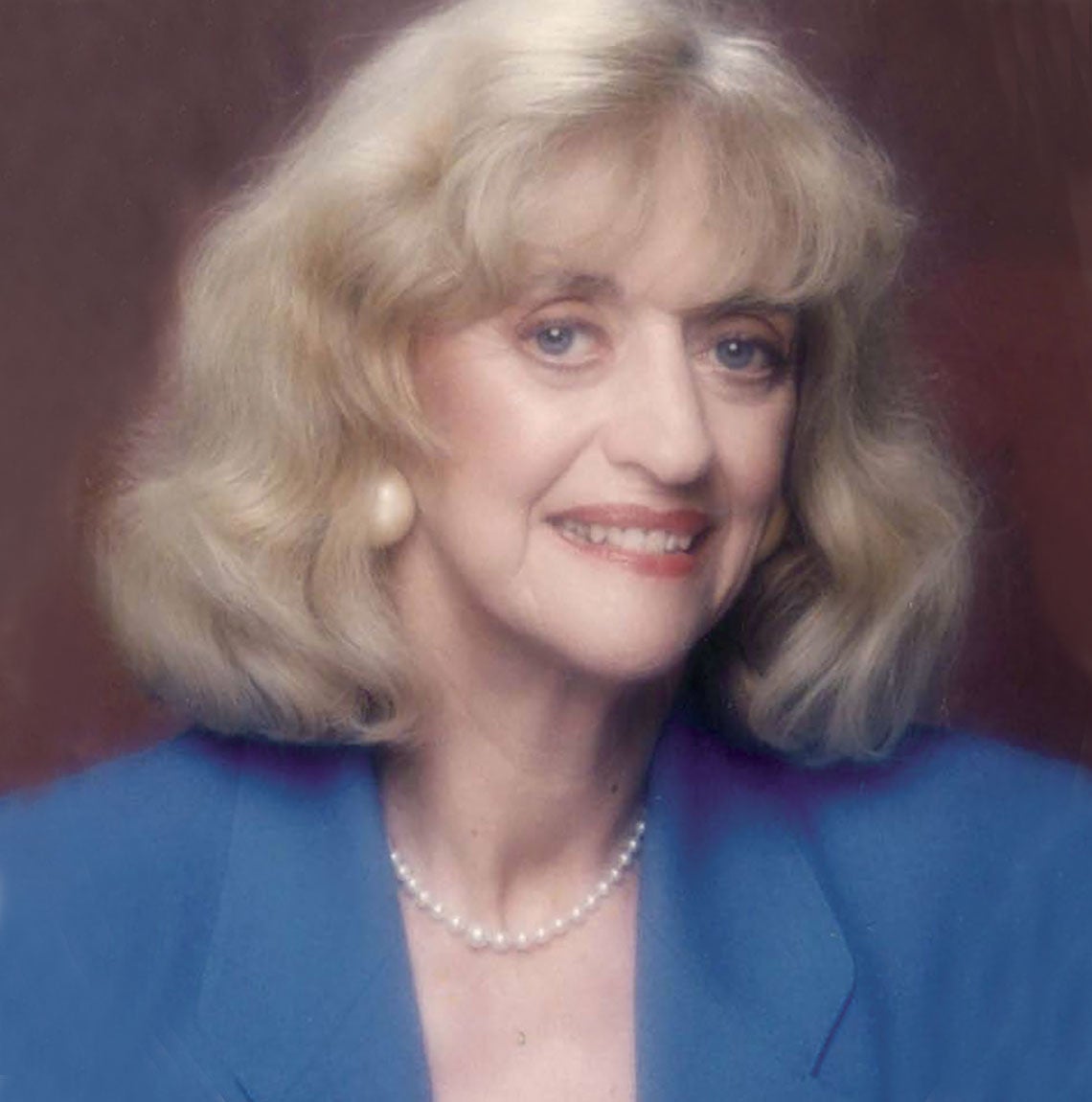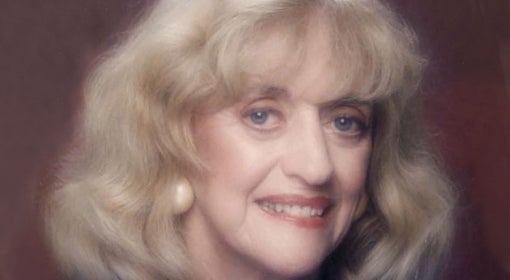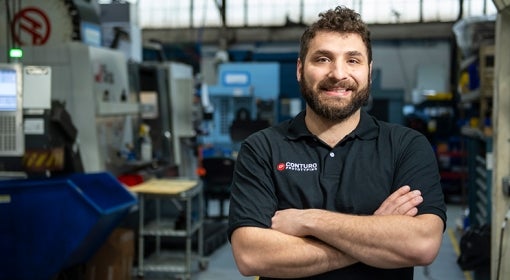 In the 1950s, Doris Felman (A&S ’50) had quite a commute to work. The scientist and young mother, with degrees in chemistry and math from Pitt, carpooled with her Westinghouse Electric Corporation colleagues to a secret site, an abandoned Pittsburgh airfield that had become the Bettis Atomic Power Laboratory. It was there that the scientists—all male except for Felman—developed the USS Nautilus, the world’s first operational nuclear-powered submarine. It was an exciting start to a long and varied career during which Felman broke more than one glass ceiling. Today, at 93, she reflects on her eclectic path.
In the 1950s, Doris Felman (A&S ’50) had quite a commute to work. The scientist and young mother, with degrees in chemistry and math from Pitt, carpooled with her Westinghouse Electric Corporation colleagues to a secret site, an abandoned Pittsburgh airfield that had become the Bettis Atomic Power Laboratory. It was there that the scientists—all male except for Felman—developed the USS Nautilus, the world’s first operational nuclear-powered submarine. It was an exciting start to a long and varied career during which Felman broke more than one glass ceiling. Today, at 93, she reflects on her eclectic path.
In an era when women faced career roadblocks, what do you think got you through the door at Westinghouse?
This was a unique experience for a woman at that time, but I was a chemist and had the academic expertise. ... I was very well-respected. But it was also a very lonely [professional] life.
In 1959, not long after Nautilus became the first submarine to complete an undersea voyage to the North Pole, you left Westinghouse and became a high school teacher. Why?
I really wanted to teach, to help students learn and reason. That’s what a scientist is—somebody who reasons from facts and maybe comes to some conclusion that will be helpful.
In 1974, after earning your law degree, you switched careers again and provided free legal services to low-income individuals. It seems that, whatever you’ve done, you’ve worked to make a difference. Is that the key to a satisfying life?
Well, my husband of 46 years used to say—and he always encouraged me in whatever job I had—just concentrate on doing your work and doing the best job you can. That is a lesson for life: to be proud of what you do. And that’s what I am; I’m proud of what I did.
This story is from Pitt Magazine's Fall 2022 issue. It was published on October 10, 2022.




